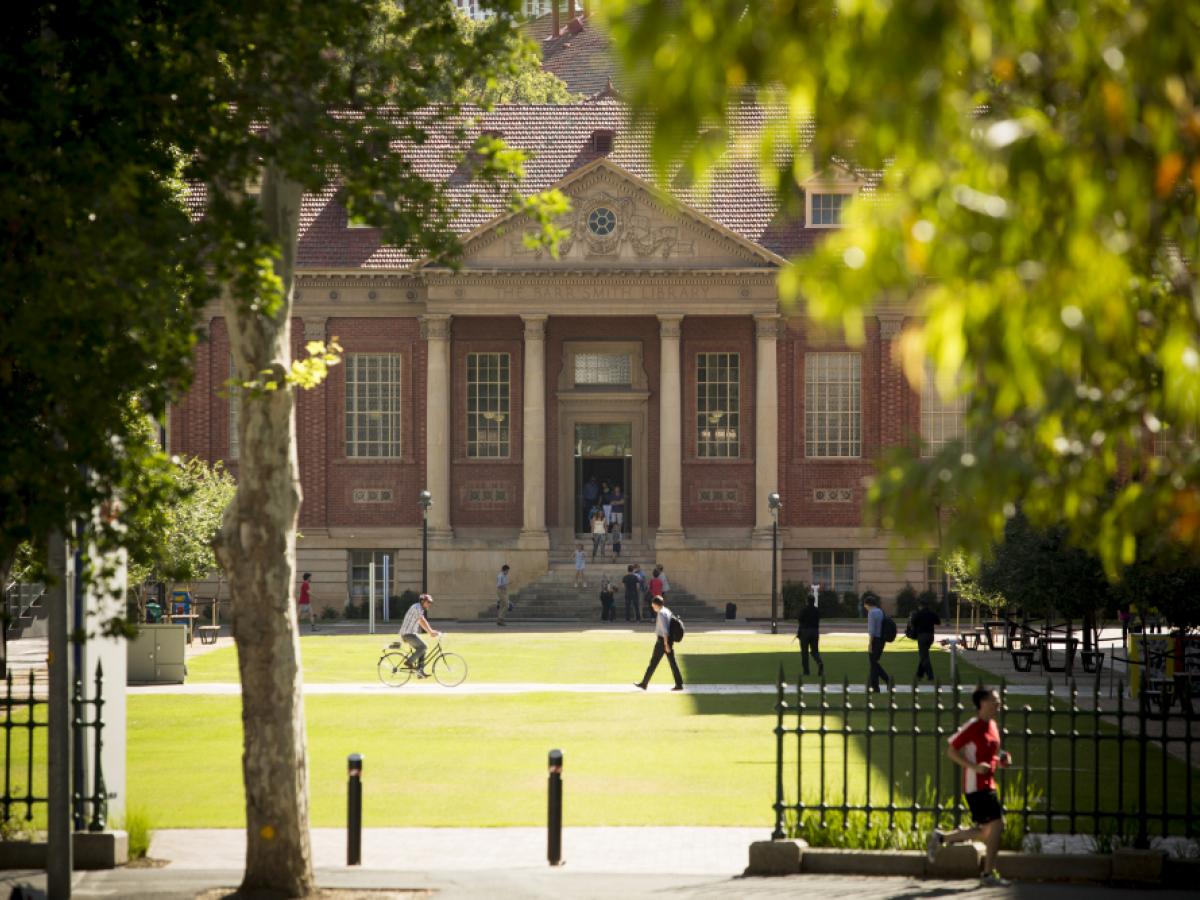
University of Adelaide researchers have been awarded $9 million through the latest round of the National Health and Medical Research Council's Centres of Research Excellence (CRE) program.
Joanne Hedges, Adelaide Dental School; Professor Fran Baum, School of Social Sciences and Professor Prash Sanders, Adelaide Medical School, will receive $3 million each for their projects in oral health, market equity and atrial fibrillation respectively.
Professor Anton Middelberg, the University's Deputy Vice-Chancellor and Vice President (Research) congratulated the researchers on their accomplishment.
"This is an outstanding result for the University of Adelaide as the institution prides itself in conducting excellent and impactful research into issues of concern in our community," he said.
"Obtaining CRE funding is a highly competitive process, and the establishment of these centres will help improve health outcomes and research translation."
Ms Hedges will lead the CRE in Indigenous Australian Oral Health Advancement Through Clinical Trials, Cohort Studies and Surveillance to explore culturally safe dental care.
"We will develop novel strategies to harness the unique relationships we have had for more than 20 years with key Indigenous oral health peak bodies and stakeholder groups to utilise a range of methodologies to best meet the needs of Indigenous Australians moving forward," says Ms Hedges.
"Our programs are Indigenous-led, and supported by multidisciplinary teams of academics, clinicians and consumers."
Professor Baum's CRE on Shaping Markets for Health Equity, which will also feature University of South Australia Associate Professor Susan Stone, will examine the ways in which market activities affect human health and health equity.
"We will examine how investments for profit can undermine the quality of services, privatisation of government services can weaken human wellbeing and business practices can impact on health for consumers and employees," says Professor Baum.
"We will devise solutions to shape markets so that their health damaging practices are minimised and population health equity is maximised."
The CRE for Atrial Fibrillation to Reduce Burden of Disease will be headed up by Professor Sanders and supported by UniSA's Professor Hannah Keage.
"Atrial fibrillation (AF) is a heart rhythm disorder that is common in Australians, caused by prevalent risk factors such as obesity and high blood pressure, and causes stroke, heart failure and dementia," says Professor Sanders.
"This program brings together a world-class, interdisciplinary team to lead innovation in the treatment of risk factors to prevent AF, develop novel pathways to reduce stroke, improve the treatment of symptoms and complications, and reduce AF-related hospitalisations."






